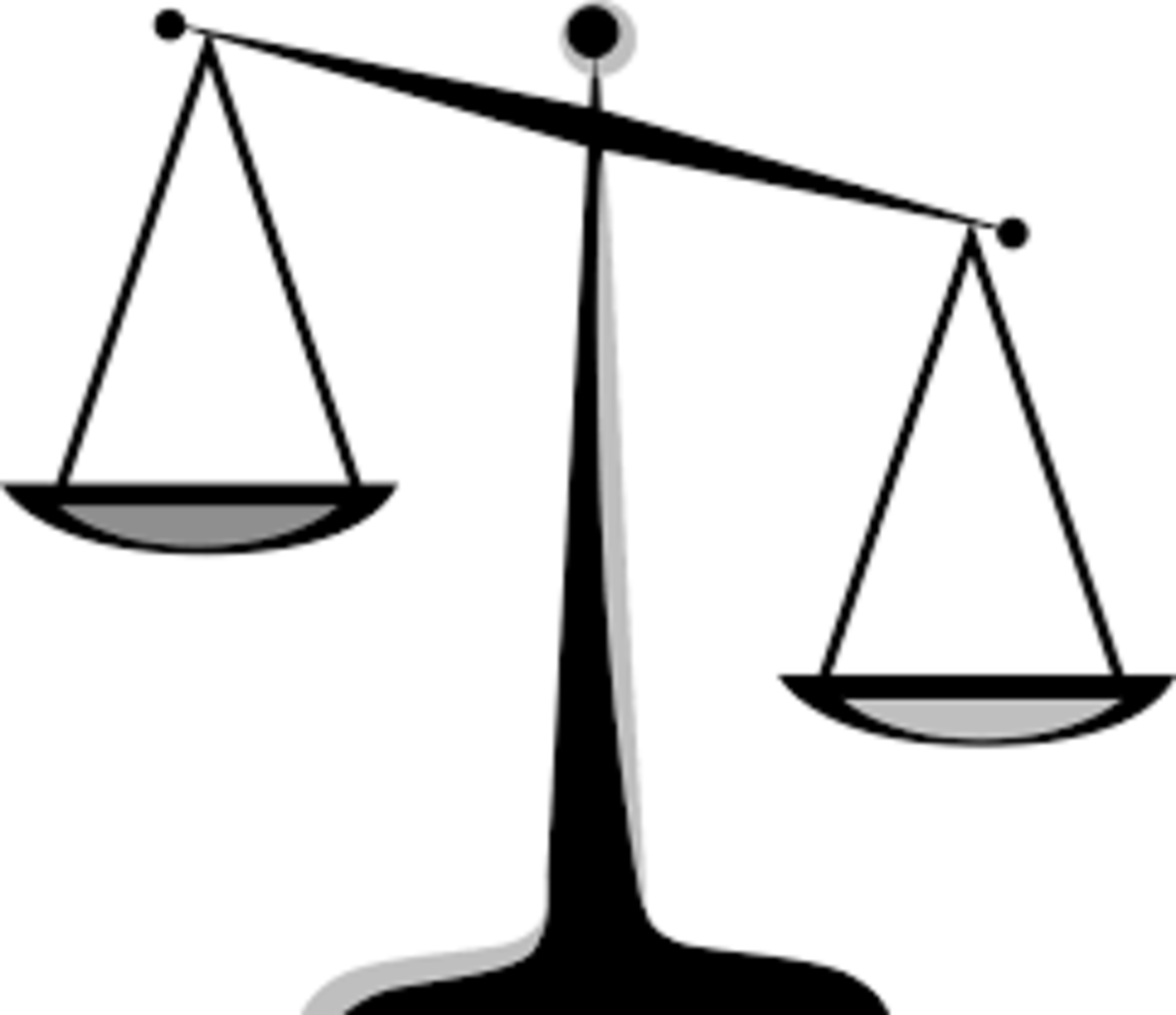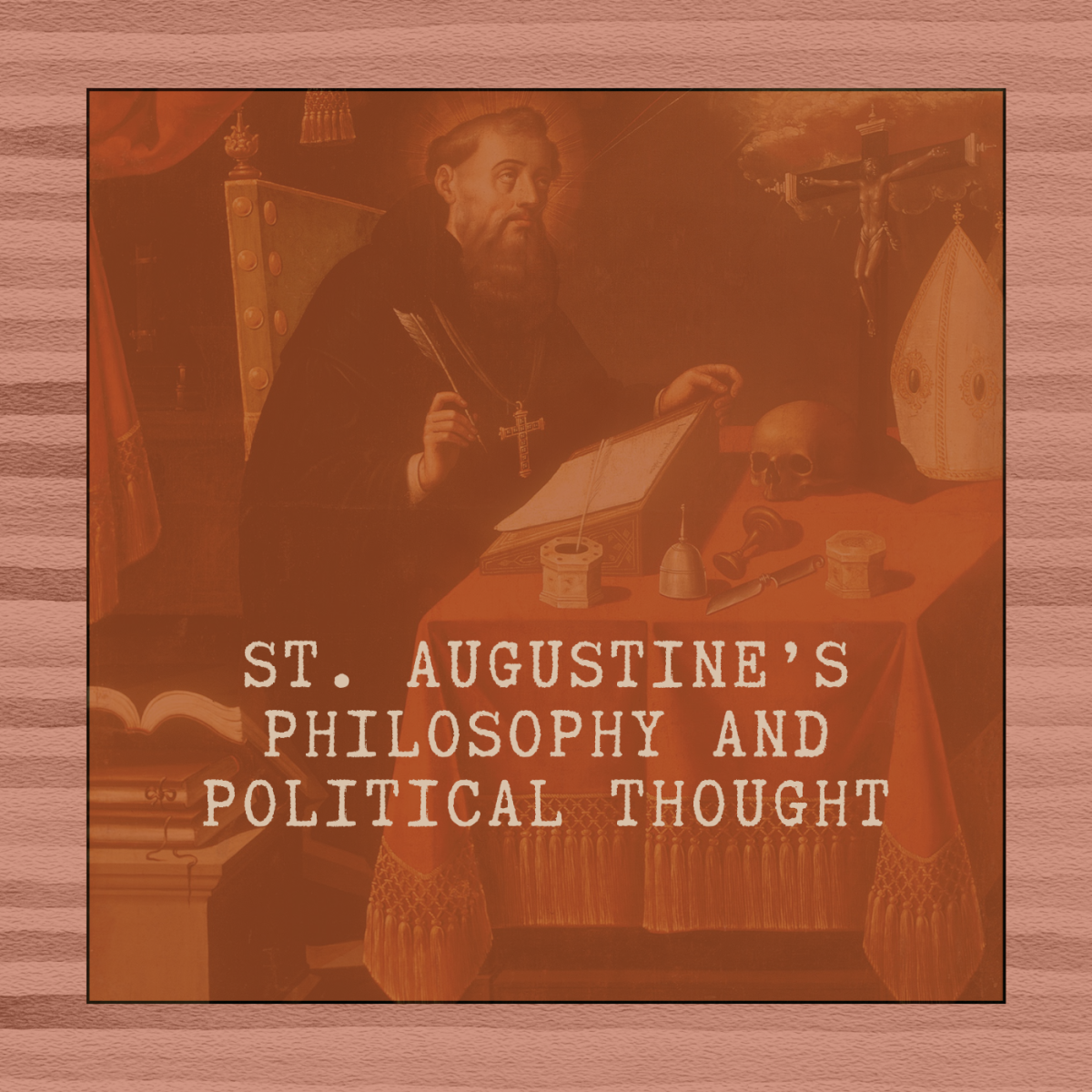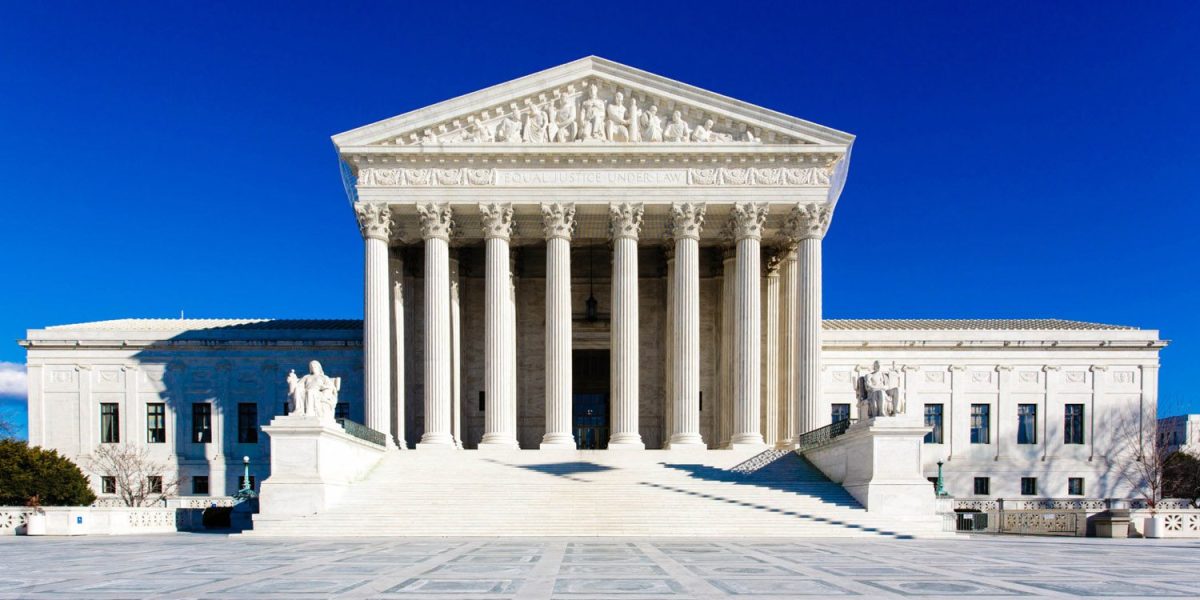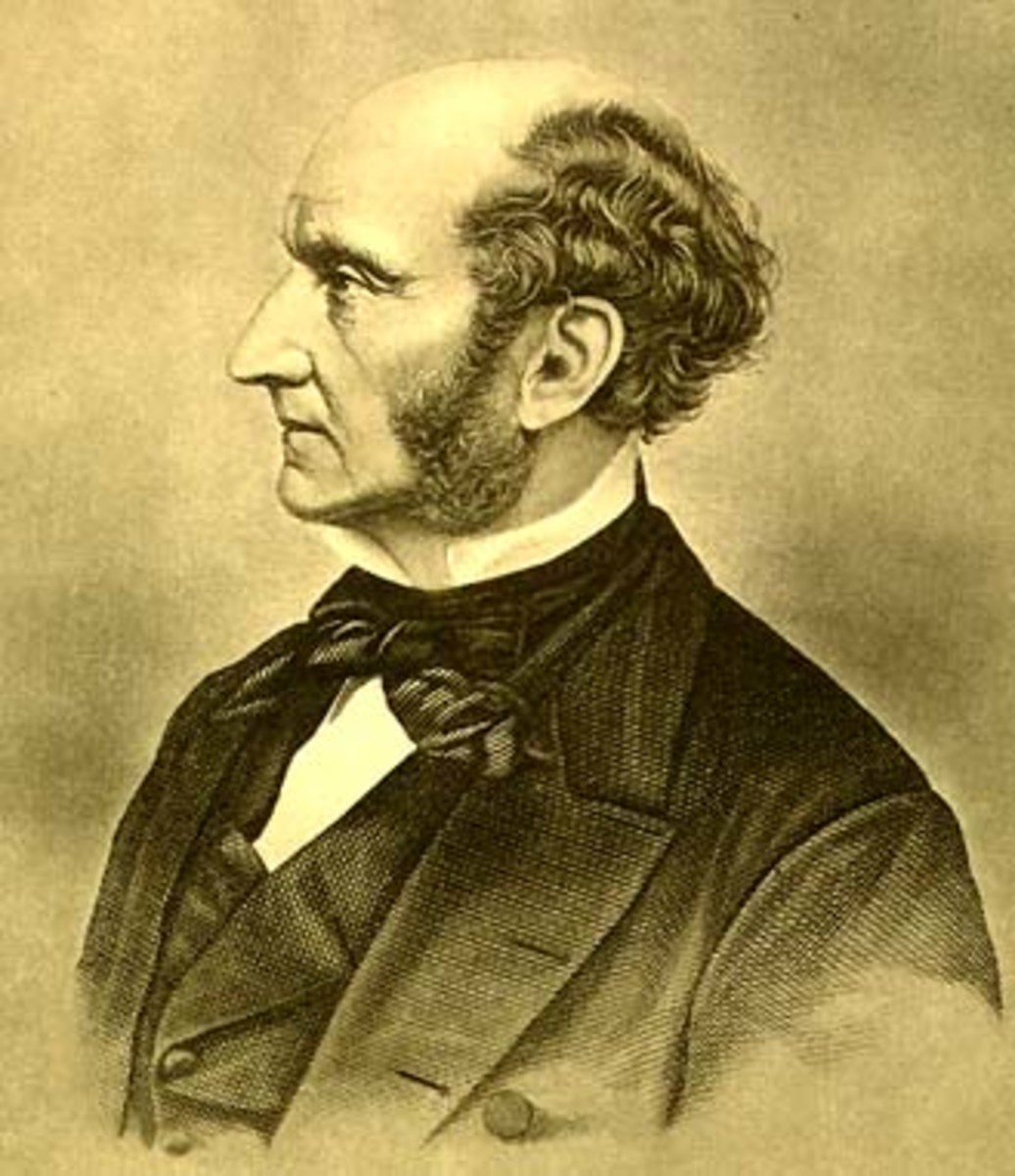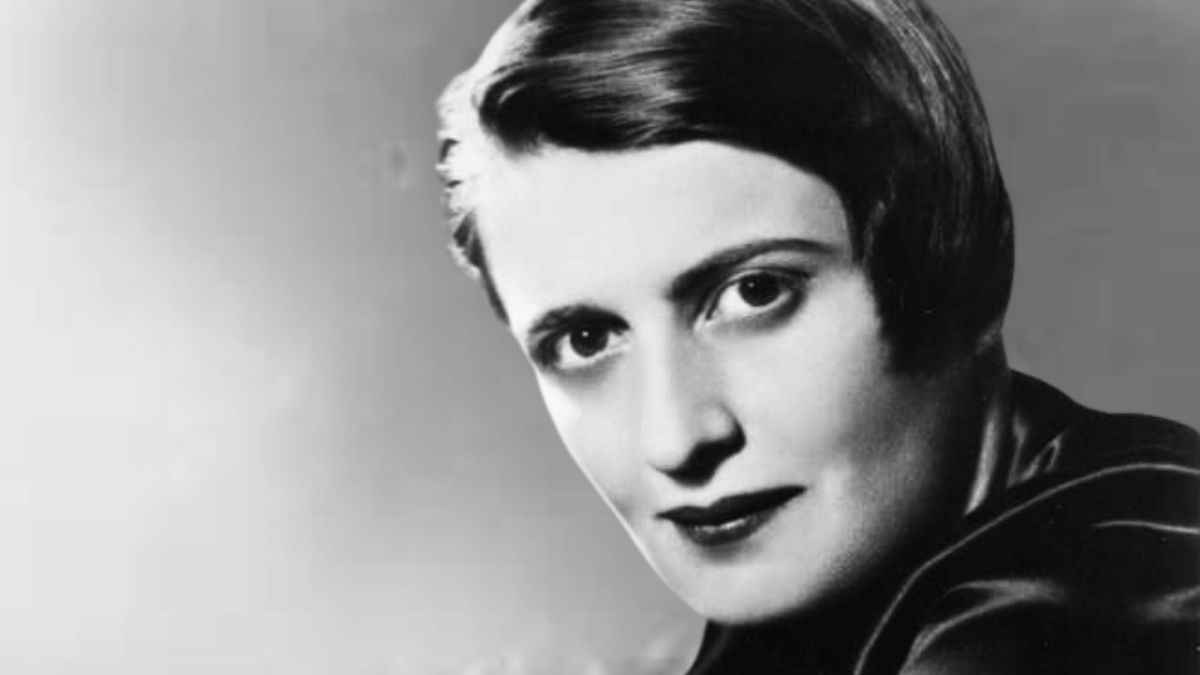Ideal Democracy
To those of us who live in democracies, it is clear that there is no state more legitimate than a democratic state. Democracy allows for various rights and freedoms that are considered fundamental to human freedom and flourishing. Though democracy is widely considered to be the most preferable form of government, this conviction alone is not enough to establish its supremacy as the ideal form of government. In fact, democracies often have fundamental flaws when actualized. In “What is Special About Democracy?” Gordon Graham attempts to identify that feature or quality of democracy that makes it legitimate. Graham approaches this task by asking what objections democrats might have to a state governed by an ideal, but absolute, ruler. The thought is that even an ideal ruler may lack that special quality or feature that legitimizes democracy. However, Graham concludes that there is no feature inherent in the notion of democracy that cannot also be found in a state governed by an ideal ruler. In this essay, I will argue that Graham makes an unfair comparison between an ideal ruler and democracy by comparing the ‘ideal’ to the ‘actual.’ I begin by outlining Graham’s three criticisms against democracy. Then I respond to each criticism. Finally, I show how Graham’s comparison between actual democracy and an ideal ruler is unfair.
Graham begins by imagining a state governed by an ideal ruler. This ideal ruler is, according to Graham’s description “…one who promulgates only good laws, prosecutes only just and successful wars, promotes peace and prosperity with singular efficacy, but whose power is absolute, who owes his position to no electorate and is required to consult no one” (Graham, p. 94). Graham introduces the notion of an ideal ruler in order to try to tease out what it is about democracy that makes it special. Essentially, Graham wants to know what it is that might be problematic about a state governed by an ideal, but absolute, ruler, if anything, and also whether there are any reasons to suppose that perhaps a democratic state might actually be better than a state governed by an ideal ruler. Graham sets up his argument by taking three positive features of democracy and seeing how each feature compares to a state governed by an ideal ruler.
The first point of comparison between democracy and the ideal ruler is that of majority rule. The fact that a political decision is made based upon the will of the majority is a fundamental aspect of democracy. Not only is it politically pragmatic to keep the majority of voters happy, but it seems only fair to render a decision that will please the greatest number of people. Majority rule is a central feature of democracy. But having a state run by an ideal ruler – one who is absolute, and need not take into consideration the view of the majority – would mean that there would be no chance that the majority opinion would always be acted on. The ideal ruler would simply choose the best course of action according to her preference, regardless of majority opinion. So is this one aspect where a democracy may be preferable to a state governed by an ideal ruler? After all, it seems to be against our intuitions that important political decisions be made by a single person.
Graham’s answer is ‘no’. In fact, Graham thinks that majority rule isn’t really such a great a feature of democracy at all. As he says, “…whether some course of action is wise or foolish is a question quite independent of how many people think it is” (Graham, p. 95). What Graham is saying here is that the fact that the majority thinks some action is the right course of action does not, as a matter of fact, make that action the right course of action. In fact, majority opinion often does not reflect the best, most wise, or most just decision, oftentimes the majority willingly violates the rights of minorities, and acts in a tyrannical fashion. On the other hand, if an ideal ruler is, in fact, ideal she will choose the best, most wise, and most just political decision, and such a decision will be legitimate in virtue of having these features. So we see that we are mistaken to think that majority rule is a good feature of democracy, and we are also wrong to criticize an ideal ruler for not respecting this supposed fundamental principle of democracy.
The second important democratic feature Graham compares is that of natural equality. Brian Barry is one political theorist who thinks democracy can be legitimized on this ground. However, Graham questions exactly what is meant by ‘natural equality’. Graham thinks the most plausible interpretation of natural equality is that each citizen has “an equal right to participate in framing the law” (Graham, p. 98). This is certainly an important feature of democracy; we think that everyone ought to have an equal say in which laws are adopted, and that one persons opinion ought not to carry any more weight than another’s. However, as Graham points out, the notion of natural equality can be interpreted in two different ways, each of which is problematic. First, if we take natural equality to mean that each citizen has an equal right to participate in framing the law “however disastrous the consequences” (Graham, p. 98) this simply amounts to a stipulation that natural equality legitimizes democracy? And if we are simply stipulating that natural equality legitimizes democracy, we are begging the question; for this is the very thing we are trying to determine.
On the second interpretation of natural equality, what might be meant is that no one ought to be excluded from the political decision-making process. But as Graham says, “…if [natural equality] means to rule out the exclusion from government of those who are unfit to govern it flies in the face of rational principles. If on the other hand it means to rule out arbitrary exclusions it is compatible with the regime of an ideal ruler” (Graham, p. 98). So what Graham is saying here is: first, sometimes it is the most rational thing to do to exclude certain people from the political process if these people are incapable of making good political decisions. So if what we most want from the political process is good outcomes, it is most rational to exclude incompetent people; and so we do not want to, nor should we seek, to elect people on the basis of natural equality. The second point Graham is making is that, yes, democracy may eliminate the arbitrary exclusion of certain people from the political process based on race, religion, gender, and other factors, but so too will an ideal ruler. An ideal ruler will consider the input of each and every member of society when making a political decision, and hence has every bit as much potential to be as inclusive as a democracy.
Now we see that the first two attempts at establishing the supremacy of democracy have failed. In each case we have found that either the principle feature of democracy was lacking in its own right, or that an ideal ruler could just as easily accommodate for these supposed democratic benefits. Thus far, we have seen no reason to prefer democracy to an ideal ruler, nor do we have any reason to reject the notion of an ideal ruler. Let’s now look at Graham’s third criticism.
The third feature of democracy, which Graham takes to be the strongest reason for favouring democracy over that of an ideal ruler, is self-determination. Here, Graham relies on Mill’s argument that a democracy best allows for self-determination. Mill argued that each person knows what is in his or her own best interest, and through the participation in the political process, we are best able to protect these interests (Graham, p. 100). But Graham challenges the notion that democracy allows for self-determination. In order to show that democracy does allow for self-determination, Graham thinks we must be able to show that citizens in democracies actually are able to exercise their will in the political decision-making process, that their views are of some influence when deciding which issues are brought to the fore, and how these issues will be decided upon. However, Graham’s conclusion as to whether democracies do, in fact, do this is in the negative: democracies do not allow the individual any real influence on political outcomes, and the individual has very little, if any, effect on political decisions (Graham, p. 100). Graham adds that there may, in theory, be a democracy that can allow for self-determination, however, he says, “…it would surely be odd to produce an argument in favour of democracy which was not an argument in favour of any actual system with which we are acquainted” (Graham, p. 100).
But suppose we accept this criticism of democracy and self-determination for now, there is still the issue of whether an ideal ruler can allow for self-determination. Graham appears to concede that an ideal ruler is no better or no worse than democracy on this score. As he says, “[i]n any case, under certain conditions no system can guarantee that the individual has an effective place” (Graham, p. 100. Emphasis is mine). What Graham seems to be saying here is that even an ideal ruler cannot allow every citizen to have real political influence, that there will always be winners and losers on any given political issue, and so, not everyone will at all times, be self-determining, even in a state governed by an ideal ruler. Hence, neither democracy nor the ideal ruler ever fully allow for self-determination, though each is likely to do a better job than any other form of government.
So what does Graham believe he has shown with these arguments? Graham thinks he has made a good case for the legitimacy of an ideal ruler. Graham does, however, admit one difficulty with an ideal ruler: none actually exist. And democracy, too, is confronted with the same problem, Graham thinks: the chief failing of democracy is that no true democracy actually exists. While Graham admits that theoretical democracy may avoid his criticisms, there are no real democracies that avoid the above three criticisms. So if the notion of an ideal ruler fails due to the contingent facts of the way the world is, we also ought to judge democracy on the contingent facts of the way the world is.
We have now seen Graham’s review of three important features of democracy, and his subsequent criticisms of each of them. Furthermore, we have seen that in every case, a state governed by an ideal ruler is certainly no worse, and is often much better than, a democratic state. Finally Graham has argued that if we dismiss the notion of an ideal ruler based on contingent facts about the world, we must also criticize democracy on contingent facts about the world. In what follows, I will respond to each of Graham’s three criticisms of democracy, and furthermore point out what I think are two important failings of Graham’s argument.
In response to Graham’s first point concerning majority rule, I would argue that he has not accurately represented this prominent feature of democracy. To be sure, majority rule is a fundamental aspect of any democratic system; however, there are virtually no existing democracy’s that abide by an unrestricted majority rule. In fact nearly all existing democracies have some means of protection for minorities by way of a constitution, or a charter or bill of rights. These measures have been put in place to protect the minority from the tyranny of majority rule. But why is this significant to point out, you ask? Well, Graham’s strategy throughout his essay has been to criticize democracy based on actual democracies; as he says in his conclusion, if the notion of an ideal ruler is to be criticized on contingent grounds, so too must democracy. But the problem with his criticism of majority rule is that this criticism only applies to theoretical democracy, it does not apply to any existing democracy. And just as Graham said above “…it would surely be odd to produce an argument in favour of democracy which was not an argument in favour of any actual system with which we are acquainted” it is surely also true that it would be odd to produce an argument against democracy that was not an argument against any actual system with which we are acquainted.
While my above reply does not get at Graham’s point that a majority vote ought not to be thought to legitimize a political decision, I might suggest that a majority rule, with proper restrictions, might legitimize a political decision. What I mean is that a political decision on some issue might be legitimate if it is chosen by the majority, and is in agreement with pre-arranged and agreed-upon rights and freedoms that respect the interests of free and equal citizens. Political decision could be considered legitimate if they respect rules and restrictions that rational agents have agreed to be bound by. And so as long as each person consents to such an arrangement, the decisions that follow would be legitimate. So it will not be a simple majority rule that will legitimize a political decision, rather a political decision will be legitimate in so far as it accords with the majority opinion, and meets conditions that were agreed upon by free and equal people.
Regarding criticism number two, Graham had said that on one interpretation of natural equality, what might be meant is that no one ought to be excluded from the political decision-making process. Graham went on to criticize this interpretation because to respect natural equality would mean that we would have to allow to govern those who are unfit to govern, and this would be contrary to rationality. But what Graham fails to recognize is that those who are unfit to govern are naturally excluded from governing because the electoral process will not allow for a candidate who is wholly incompetent and undeserving of his or her position. So, while we do not want to a priori rule out any particular gender, race, or class of people from political office, it is perfectly acceptable to do so on a posteriori grounds. If what we mean by natural equality is that no one ought to be excluded a priori from the decision-making process, then this is certainly a fundamental feature of democracy.
In criticism number three, Graham is critical of the fact that actual democracies do not allow for self-determination, whereas an ideal ruler can accommodate for at least some self-determination. But isn’t there a problem here? Isn’t it unfair to compare an ideal ruler to an actual democracy? If we want to be fair, shouldn’t we compare two theoretical notions rather than an idealized notion and actual case? But even then, to compare an ‘ideal’ ruler to theoretical democracy seems unfair. After all, the definition of ‘ideal’ is perfection; hence any ideal ruler will be the perfect ruler. And the perfect ruler will certainly be better than any democracy, real or theoretical. The difficulty here is that there is no way to criticize the notion of an ideal ruler. No matter what criticism we think we might have against the ideal ruler amounts to no criticism at all because the term ‘ideal’ can adapt to any circumstance, or respond to any criticism possible. Therefore, how could we possibly find any trait or feature inherent in democracy that could not also be found in an ideal ruler? In fact it would be logically inconsistent to find some benefit in democracy that was not also found in a state ruled by an ideal ruler, for if one could do so, such a ruler would not be ideal. Hence the set-up of the comparison between the two types of state-rule is inherently unfair.
In summary, I have outlined and responded to three criticisms against democracy put forth by Gordon Graham. First, I responded to Graham’s criticism of majority rule by showing that such a criticism was only directed at democracy in theory, not at democracy how it is actually practiced. Furthermore, I suggested a way in which majority rule could legitimize political decisions. I responded to Graham’s second criticism of natural equality by showing that we can exclude those who are unfit to rule without being irrational. I responded to Graham’s third criticism by claiming that it was unfair to compare an ‘ideal’ notion to an ‘actual’ notion, that it was inevitable that an ideal would always win out over an actual.
Bibliography
Gordon Graham, “What is Special About Democracy?” in Mind (1983), Vol. II, 94-102.


